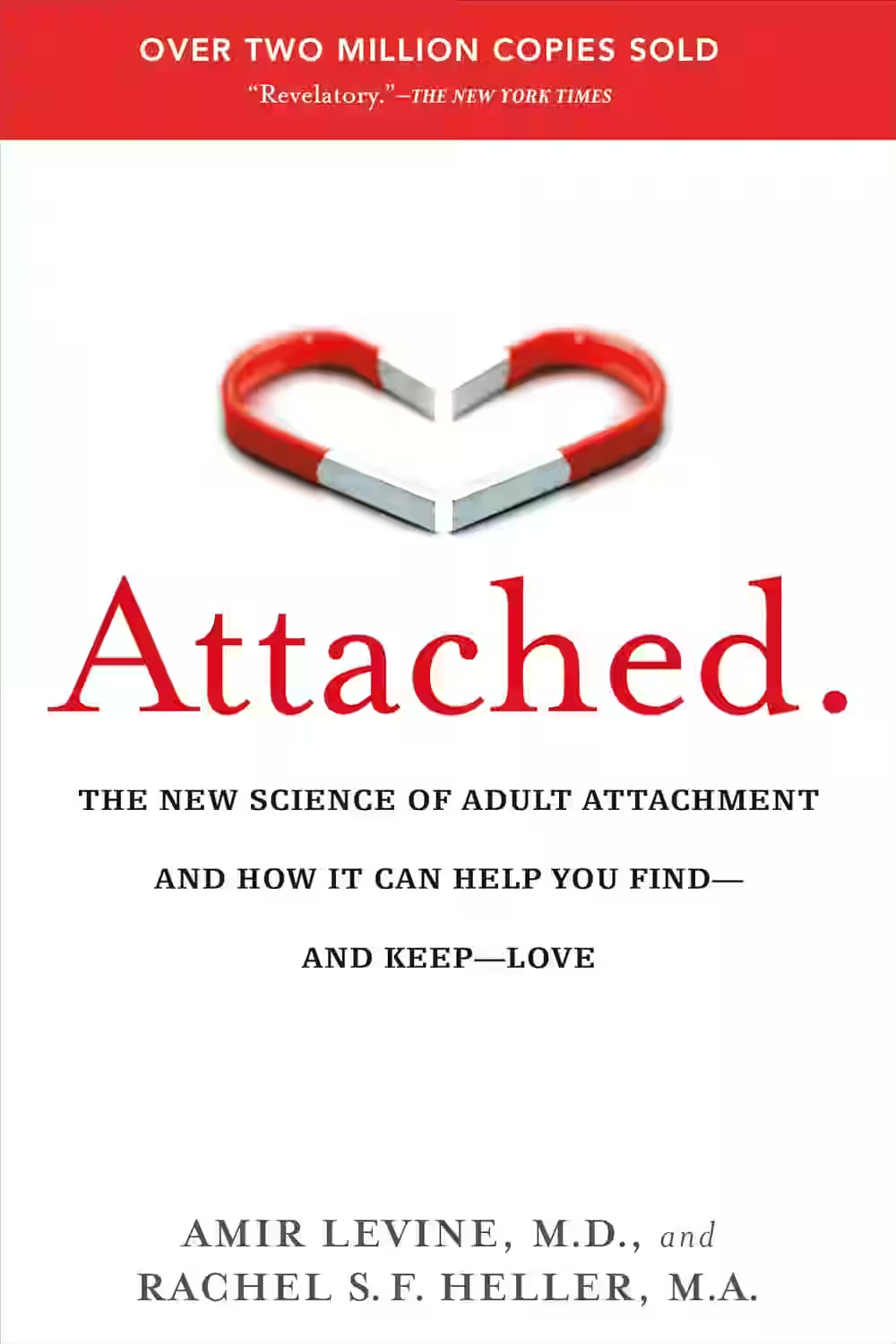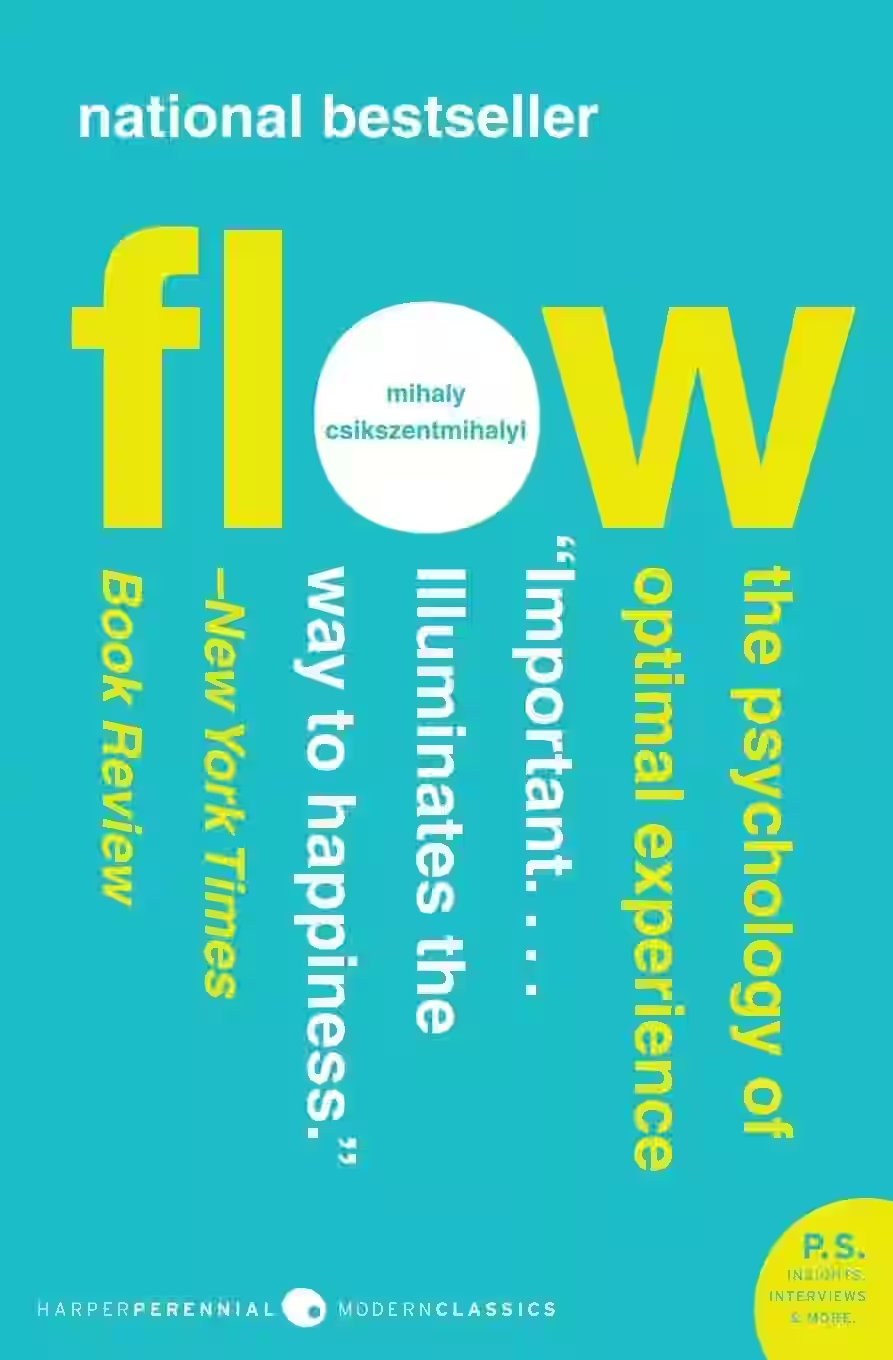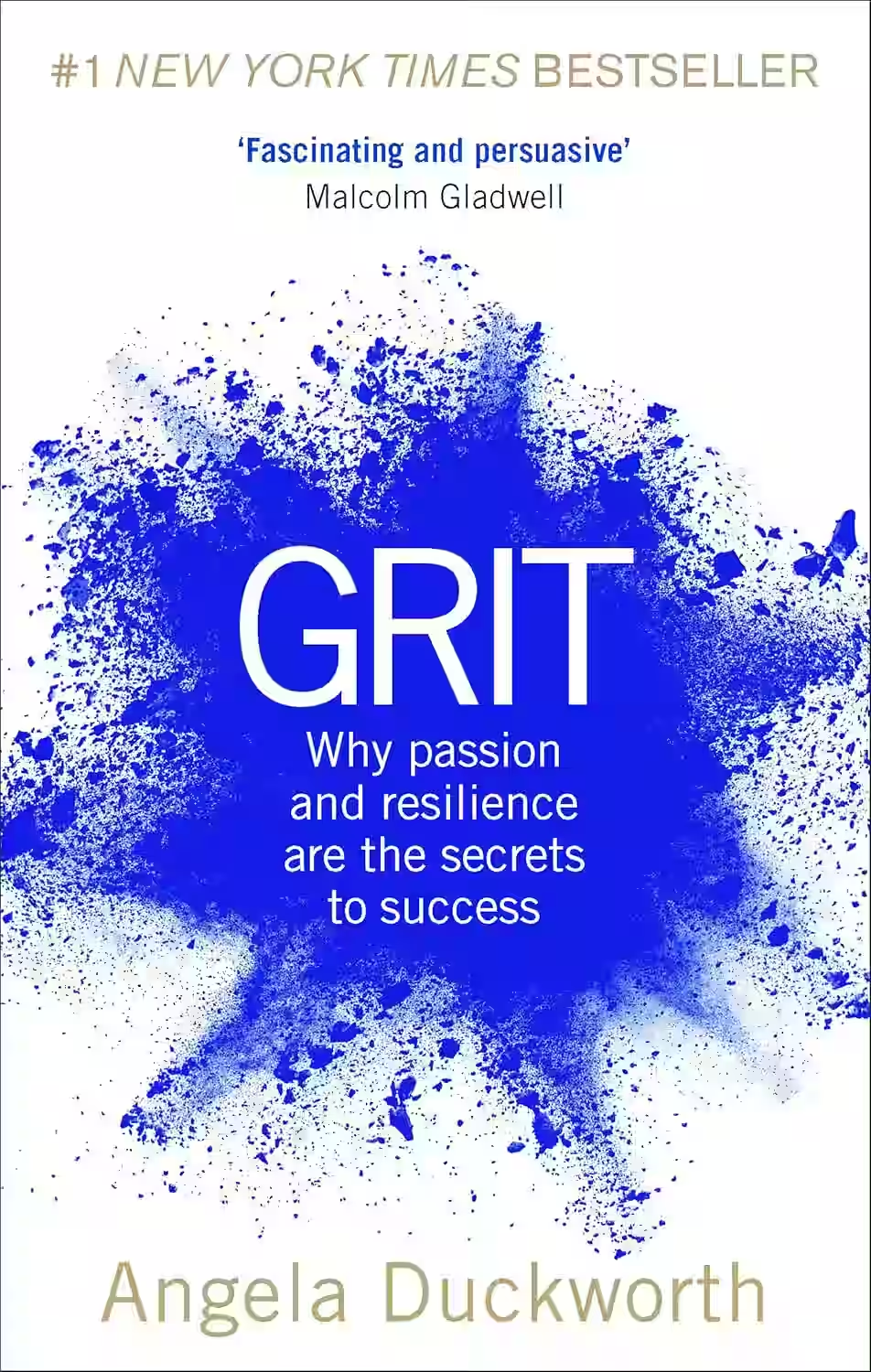
Attached by Amir Levine and Rachel Heller introduces readers to attachment theory as a framework for understanding romantic relationships. The book identifies three primary attachment styles—secure, anxious, and avoidant—and explains how they influence intimacy, conflict, and emotional needs. Using real-life examples and practical advice, it helps readers recognize patterns in their behavior and choose healthier partners. Grounded in science yet easy to follow, Attached is a valuable guide for improving relationship satisfaction through emotional awareness and compatibility.
About Amir Levine
A neuroscientist and psychiatrist, best known for co-authoring Attached: The New Science of Adult Attachment and How It Can Help You Find—And Keep—Love with Rachel S.F. Heller. Levine's work translates attachment theory into practical insights for understanding and improving adult romantic relationships. He explores how different attachment styles (secure, anxious, avoidant) impact communication, intimacy, and conflict within partnerships, empowering readers to build healthier and more fulfilling connections.
About Rachel S. F. Heller
A licensed psychologist and co-author of the influential book Attached: The New Science of Adult Attachment and How It Can Help You Find—And Keep—Love with Amir Levine. Heller's expertise in attachment theory contributes to the book's practical guidance for navigating adult romantic relationships. Her insights help individuals identify their attachment styles and those of their partners, fostering greater understanding and promoting more secure and satisfying interpersonal dynamics.
Similar Books

Straight Talk, No Chaser: How to Find, Keep, and Understand a Man
by Steve Harvey
In 'Straight Talk, No Chaser: How to Find, Keep, and Understand a Man,' Steve Harvey delivers straightforward and practical relationship advice, specifically geared towards women striving to build meaningful connections with men. Drawing from his own experiences and insights, Harvey breaks down the male psyche, offering tips on communication, expectations, and self-respect. He emphasizes the importance of mutual respect and understanding in fostering healthy relationships. With a blend of humor and wisdom, Harvey guides readers through the complexities of dating and maintaining strong partnerships. This book serves as a valuable resource for those seeking honest and no-nonsense guidance in matters of the heart.

Flow: The Psychology of Optimal Experience
Psychologist Mihaly Csikszentmihalyi explores the concept of “flow”—a state of complete immersion and focus during challenging yet enjoyable activities. Based on decades of research, the book explains how flow enhances creativity, productivity, and overall life satisfaction. It outlines conditions for achieving this state, such as clear goals and immediate feedback, and argues that flow is essential to happiness. Accessible yet scholarly, Flow remains a cornerstone in positive psychology and a practical guide for living a fulfilling life.

Man’s Search for Meaning
In this profound memoir and psychological exploration, Holocaust survivor Viktor Frankl shares his harrowing experiences in Nazi concentration camps and the insights he gained. Central to the book is Frankl’s belief that even in the most inhumane conditions, individuals can endure by finding meaning in their suffering. He introduces logotherapy, his psychotherapeutic method focused on the pursuit of meaning as a primary human drive. Frankl’s reflections blend personal resilience with deep philosophical and spiritual questions, making the book a timeless meditation on hope, purpose, and the human capacity to transcend hardship in search of something greater.

Grit
In Grit, psychologist Angela Duckworth explores why talent alone doesn’t predict success—grit does. Based on her research, Duckworth argues that sustained passion and persistent effort matter more than innate ability. She shares stories of high achievers from diverse fields, showing how resilience, long-term focus, and consistent hard work lead to exceptional outcomes. The book combines personal anecdotes, scientific studies, and practical strategies to help readers develop grit in their own lives. Duckworth’s insights challenge the myth of overnight success and inspire readers to pursue their goals with tenacity, regardless of obstacles or setbacks.